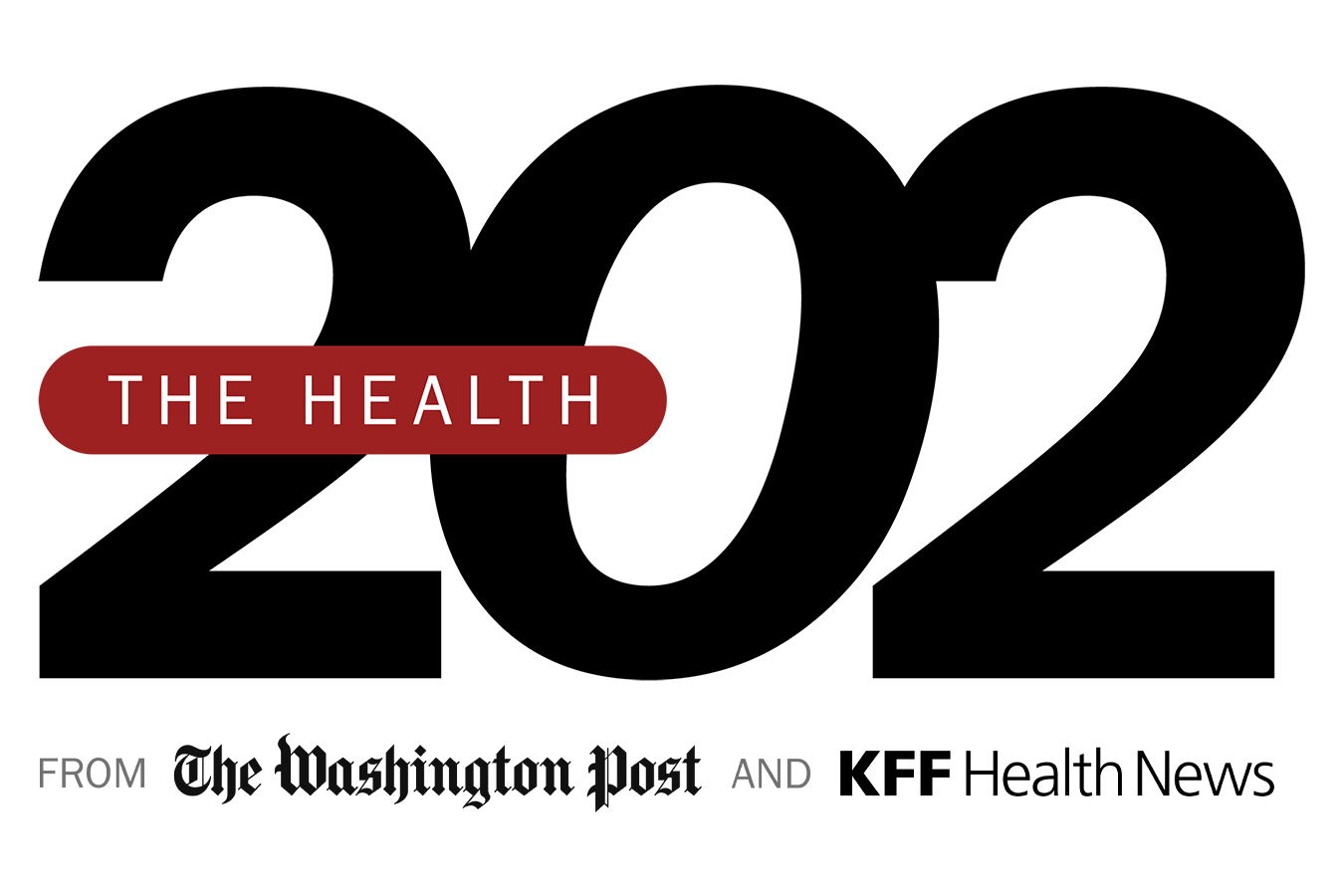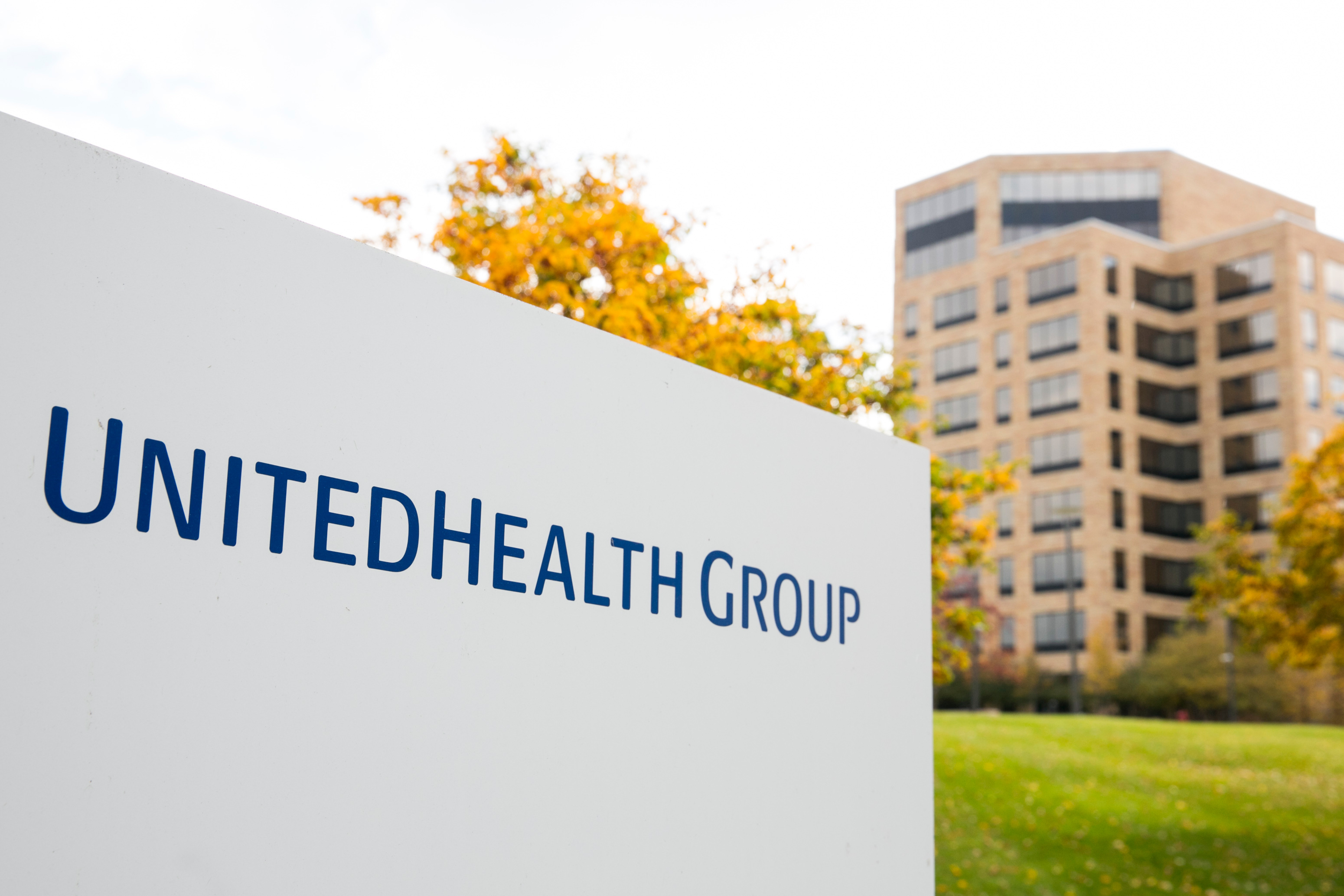The Host
Some justices suggested the Supreme Court had said its piece on abortion law when it overturned Roe v. Wade in 2022. This term, however, the court has agreed to review another abortion case. At issue is whether a federal law requiring emergency care in hospitals overrides Idaho’s near-total abortion ban. A decision is expected by summer.
Meanwhile, the Centers for Medicare & Medicaid finalized the first-ever minimum staffing requirements for nursing homes participating in the programs. But the industry argues that there are not enough workers to hire to meet the standards.
This week’s panelists are Julie Rovner of KFF Health News, Joanne Kenen of the Johns Hopkins University’s nursing and public health schools and Politico Magazine, Tami Luhby of CNN, and Alice Miranda Ollstein of Politico.
Among the takeaways from this week’s episode:
- This week’s Supreme Court hearing on emergency abortion care in Idaho was the first challenge to a state’s abortion ban since the overturn of the constitutional right to an abortion. Unlike previous abortion cases, this one focused on the everyday impacts of bans on abortion care — cases in which pregnant patients experienced medical emergencies.
- Establishment medical groups and doctors themselves are getting more vocal and active as states set laws on abortion access. In a departure from earlier political moments, some major medical groups are campaigning on state ballot measures.
- Medicaid officials this week finalized new rules intended to more closely regulate managed-care plans that enroll Medicaid patients. The rules are intended to ensure, among other things, that patients have prompt access to needed primary care doctors and specialists.
- Also this week, the Federal Trade Commission voted to ban most “noncompete” clauses in employment contracts. Such language has become common in health care and prevents not just doctors but other health workers from changing jobs — often forcing those workers to move or commute to leave a position. Business interests are already suing to block the new rules, claiming they would be too expensive and risk the loss of proprietary information to competitors.
- The fallout from the cyberattack of Change Healthcare continues, as yet another group is demanding ransom from UnitedHealth Group, Change’s owner. UnitedHealth said in a statement this week that the records of “a substantial portion of America” may be involved in the breach.
Plus for “extra credit” the panelists suggest health policy stories they read this week that they think you should read, too:
Julie Rovner: NBC News’ “Women Are Less Likely To Die When Treated by Female Doctors, Study Suggests,” by Liz Szabo.
Alice Miranda Ollstein: States Newsroom’s “Loss of Federal Protection in Idaho Spurs Pregnant Patients To Plan for Emergency Air Transport,” by Kelcie Moseley-Morris.
Tami Luhby: The Associated Press’ “Mississippi Lawmakers Haggle Over Possible Medicaid Expansion as Their Legislative Session Nears End,” by Emily Wagster Pettus.
Joanne Kenen: States Newsroom’s “Missouri Prison Agency To Pay $60K for Sunshine Law Violations Over Inmate Death Records,” by Rudi Keller.
Also mentioned on this week’s podcast:
To hear all our podcasts, click here.
And subscribe to KFF Health News’ “What the Health?” on Spotify, Apple Podcasts, Pocket Casts, or wherever you listen to podcasts.


